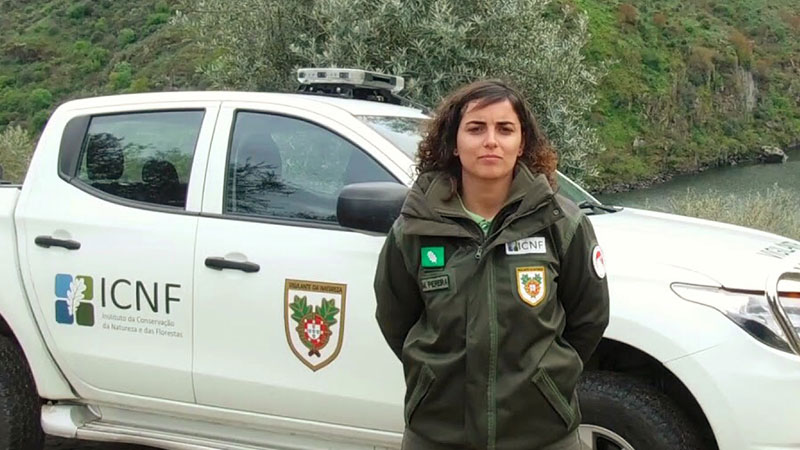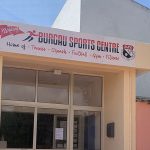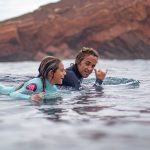Protecting our natural habitat and species – the work of the ICNF
By Vaughan Willmore
Whether it be forests, beaches, mountains or country pathways, the landscape of the Algarve is one of diversity and beauty, and why many of us feel so fortunate to live here. Such is the abundance of natural landscapes and wildlife it can be easy to overlook how much work goes into maintaining and protecting many of these areas.
The Institute for Nature Conservation and Forestry (ICNF) is responsible for the long-term development of forestry and conservation areas along with their day-to-day management.
The ICNF has two operational centres in the Algarve, in Olhão and Lagos. The Lagos-based Regional Director Senhor Castelão Rodrigues has overall responsibility for the Algarve and the Alentejo, including the Southwest Alentejo and the Costa Vicentina Natural Park. One of the finest preserved stretches of coastline in Europe, it stretches over 100 km from Porto Covo in the Alentejo to the picturesque fishing village of Burgau, here in the Algarve.
The ICNF was formed nearly ten years ago out of a merger of two other government bodies. With nearly a hundred staff working with him, Senhor Rodrigues describes the ICNF’s purpose as “to help promote the conservation, sustainable use, appreciation, and enjoyment of our natural heritage.”
Sr Rodrigues
Senhor Rodrigues has been in office since May 2019 having held senior positions in the Ministry of Agriculture and the Directorate of Agriculture and Fisheries. He was previously a councillor and vice president of Portimão City Council (2013 to 2019), and was instrumental in the creation of the Professional School of Agriculture in São Bartolomeu de Messines. He is clearly a man who knows the Algarve, and especially the western Algarve, as well as anyone.
As Senhor Rodrigues explained to me, “The Algarve is a complex region, rich in natural heritage, with a high number of natural species, flora and fauna associated with a wide variety of ecosystems, habitats and landscapes. It ranges from coastal habitats like the Natural Park of Southwest Alentejo and Costa Vicentina where birdlife and marine life are in abundance to the lagoon areas of the Natural Park of the Ria Formosa with its outstanding ecological, scientific, economic and social value to the region. There is also the economic value of fishing, salt production and tourism in the Natural Reserve of Sapal of Castro Marim and Vila Real de Santo António.”
Senhor Rodrigues certainly enjoys his work. “The best thing,” he said, “is the legacy I can leave for future generations by managing to halt the loss of biodiversity and enhance the region, which takes on special importance in the context of climate change.”
The ICNF’s work includes providing support and financial incentives for animal welfare programmes and caring for the protected species of the Algarve, including the Iberian lynx, the Iberian wolf, and the Saramugo fish, typically found in the streams of the Guadiana River in the eastern Algarve.
In terms of challenges facing the ICNF, Senhor Rodrigues explained, “The presence of tourists, with varying origins, knowledge and sensibilities in the natural preservation areas, requires great vigilance. It requires careful management of the regulations, so we can preserve the natural habitat and wildlife for future generations.”
The ICNF has a daunting agenda that can only be achieved by residents and visitors respecting and helping to protect the wonderful natural habitat of the Algarve.
For more information on the work of the ICNF please visit www.icnf.pt
Contact details (Lagos):
Edifício Multifunções, Largo do Infantário – Chinicato 8600-306 Lagos
+351 282 402 320
DRCNF.Algarve@icnf.pt















